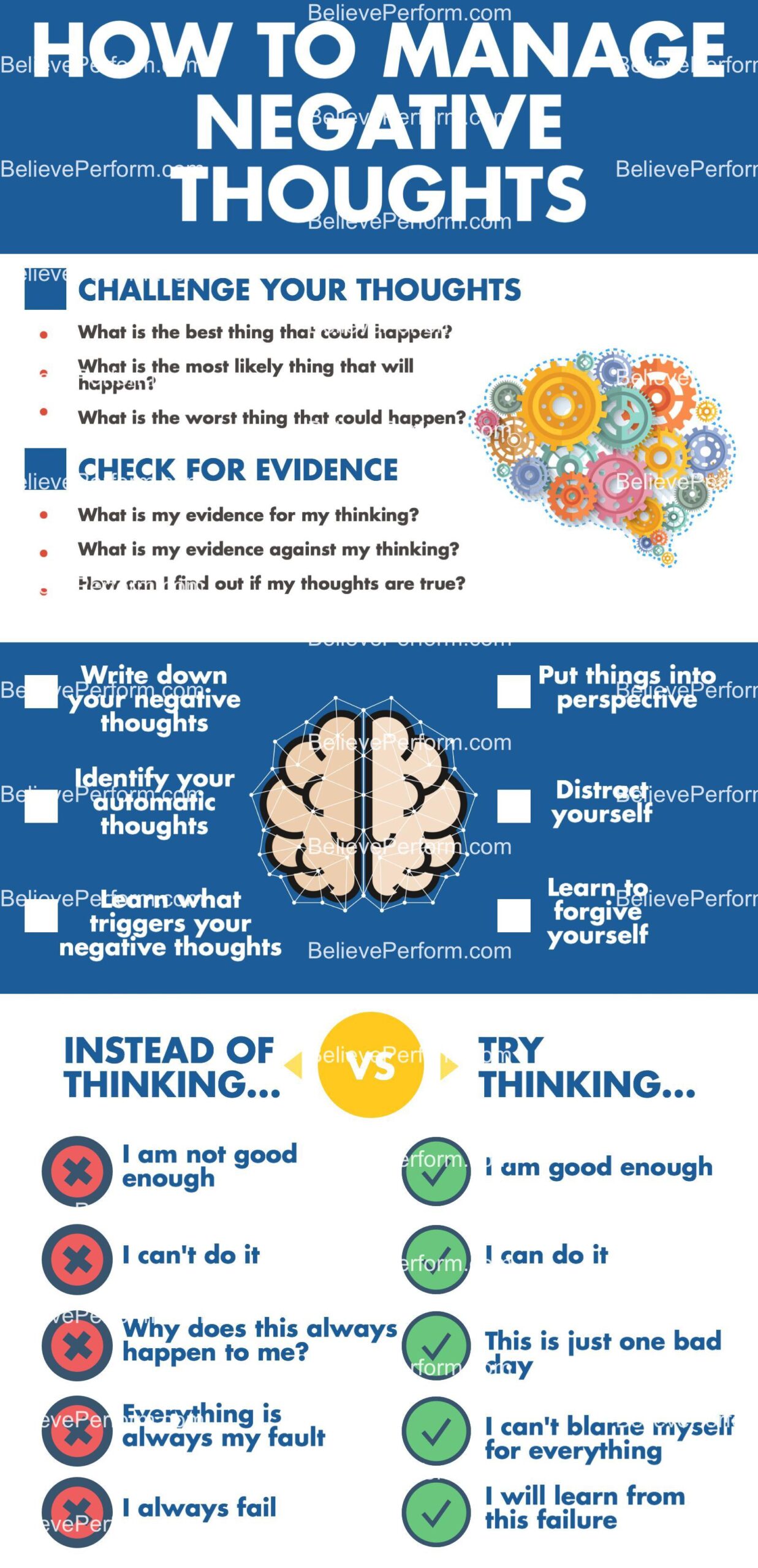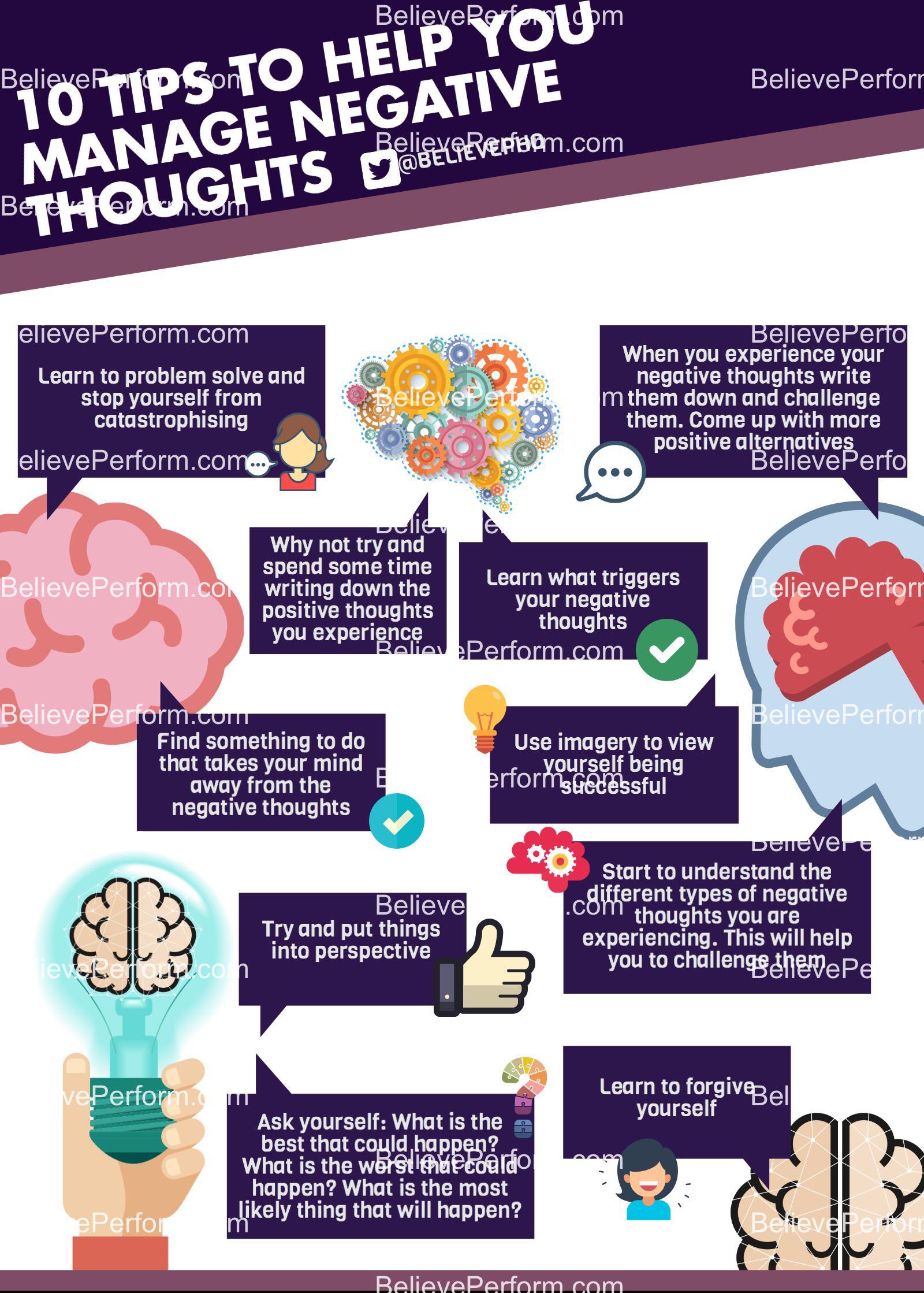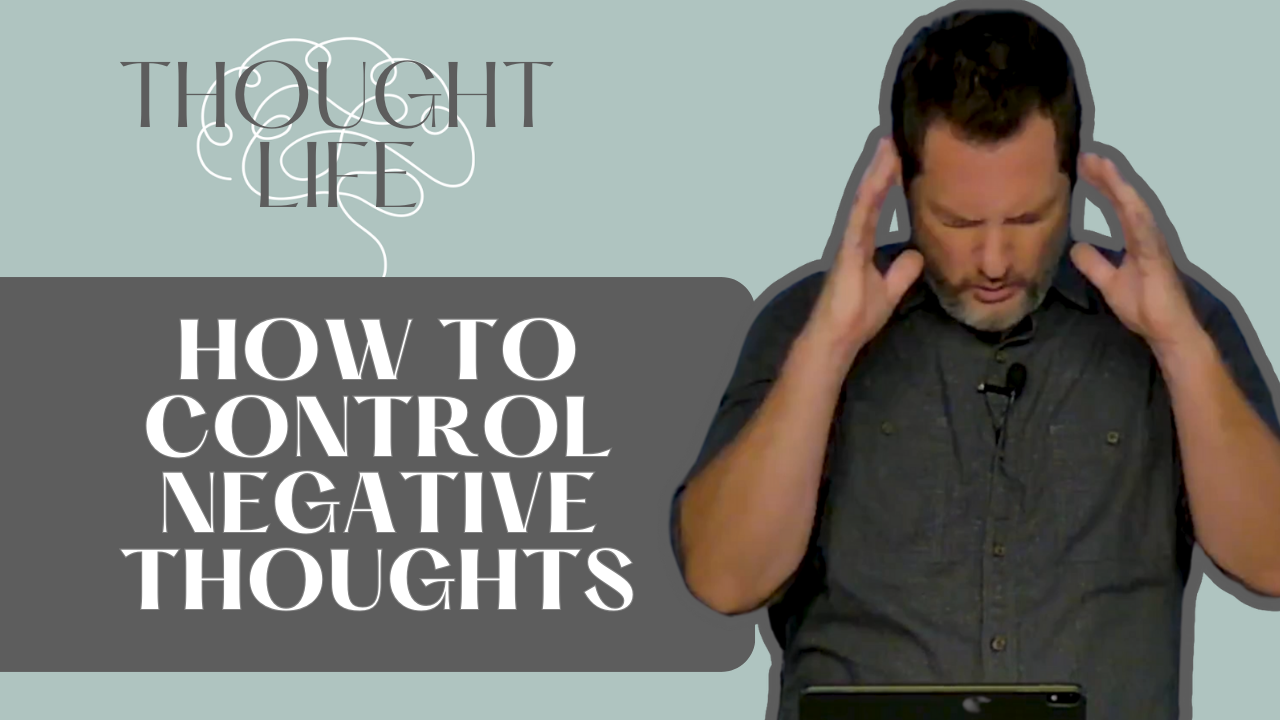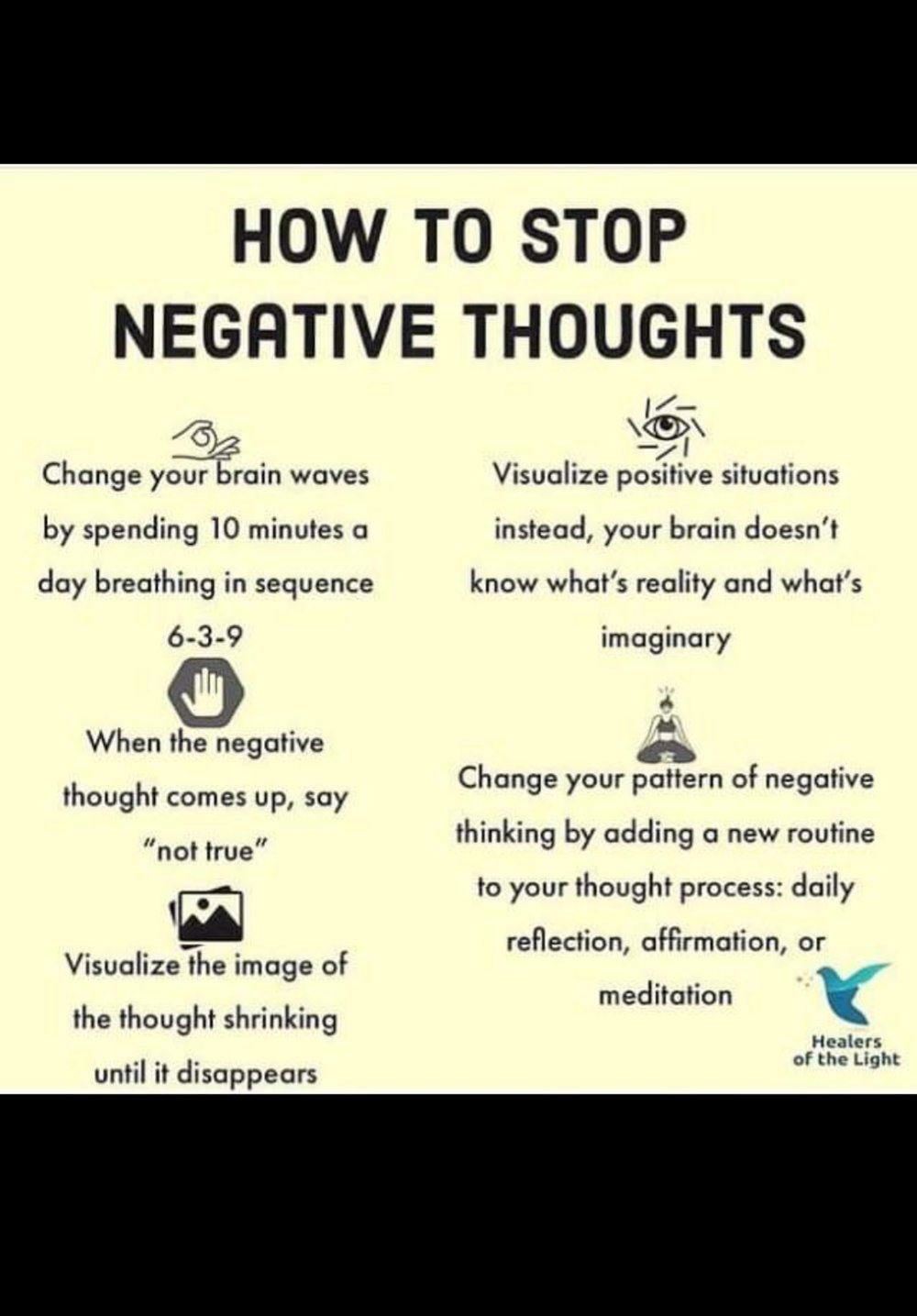How To Control The Negative Thoughts

In an increasingly complex world, managing mental well-being has become paramount. Many individuals grapple with persistent negative thoughts that can impact their daily lives. Learning effective strategies to control these thoughts is essential for maintaining a healthy mental state.
This article delves into practical techniques and expert advice on how to manage negative thoughts, empowering readers to take control of their mental landscape. The information presented is based on research from reputable organizations and insights from mental health professionals.
Understanding Negative Thoughts
Negative thoughts are a common human experience, often triggered by stress, anxiety, or challenging life events. These thoughts can manifest as self-criticism, worry, or pessimistic views about the future. Recognizing these patterns is the first step towards managing them.
According to the American Psychological Association (APA), cognitive distortions play a significant role in fueling negative thinking. These distortions include catastrophizing, overgeneralization, and personalization.
Cognitive Behavioral Therapy (CBT) Techniques
Cognitive Behavioral Therapy (CBT) is a widely used therapeutic approach that focuses on identifying and changing negative thought patterns. A key technique in CBT is cognitive restructuring, which involves challenging and reframing negative thoughts.
For example, if you find yourself thinking, "I always fail," you can challenge this thought by asking yourself: "Is this absolutely true? What evidence do I have to support this thought? What evidence contradicts it?" By questioning the validity of negative thoughts, you can begin to weaken their hold.
Another CBT technique involves thought records, where you track your negative thoughts, the situations that triggered them, and your emotional responses. Analyzing these records can help you identify recurring patterns and develop more balanced perspectives.
Mindfulness and Meditation
Mindfulness meditation involves focusing on the present moment without judgment. This practice can help you become more aware of your thoughts and feelings, allowing you to observe them without getting caught up in them.
Studies have shown that regular mindfulness practice can reduce anxiety and improve emotional regulation.
"Mindfulness is paying attention in a particular way: on purpose, in the present moment, and nonjudgmentally,"as defined by Jon Kabat-Zinn, a pioneer in the field of mindfulness-based stress reduction.
Guided meditations, readily available through apps and online resources, can be a helpful starting point for beginners. Focusing on your breath, body sensations, or sounds can anchor you in the present moment and interrupt the cycle of negative thinking.
Lifestyle Changes and Self-Care
Adopting healthy lifestyle habits can significantly impact your mental well-being. Regular exercise, a balanced diet, and sufficient sleep are essential for managing mood and reducing vulnerability to negative thoughts.
Engaging in activities you enjoy can also provide a buffer against negative thinking. Hobbies, social connections, and spending time in nature can boost your mood and create positive experiences that counteract negative thoughts.
Prioritizing self-care, such as taking relaxing baths, reading a book, or spending time with loved ones, is crucial for maintaining a healthy mental state. Remember, self-care is not selfish; it is essential for your well-being.
Seeking Professional Help
While self-help techniques can be effective, it's important to seek professional help if negative thoughts are persistent, overwhelming, or interfering with your daily life. A therapist or counselor can provide personalized support and guidance.
Mental health professionals can offer a range of therapeutic approaches, including CBT, Dialectical Behavior Therapy (DBT), and Acceptance and Commitment Therapy (ACT). These therapies can equip you with the skills to manage negative thoughts and improve your overall mental health.
Remember, seeking help is a sign of strength, not weakness. Prioritizing your mental health is an investment in your overall well-being.
Controlling negative thoughts is an ongoing process that requires patience, practice, and self-compassion. By implementing these strategies and seeking support when needed, you can cultivate a more positive and resilient mindset. Remember to be kind to yourself throughout the journey.


















